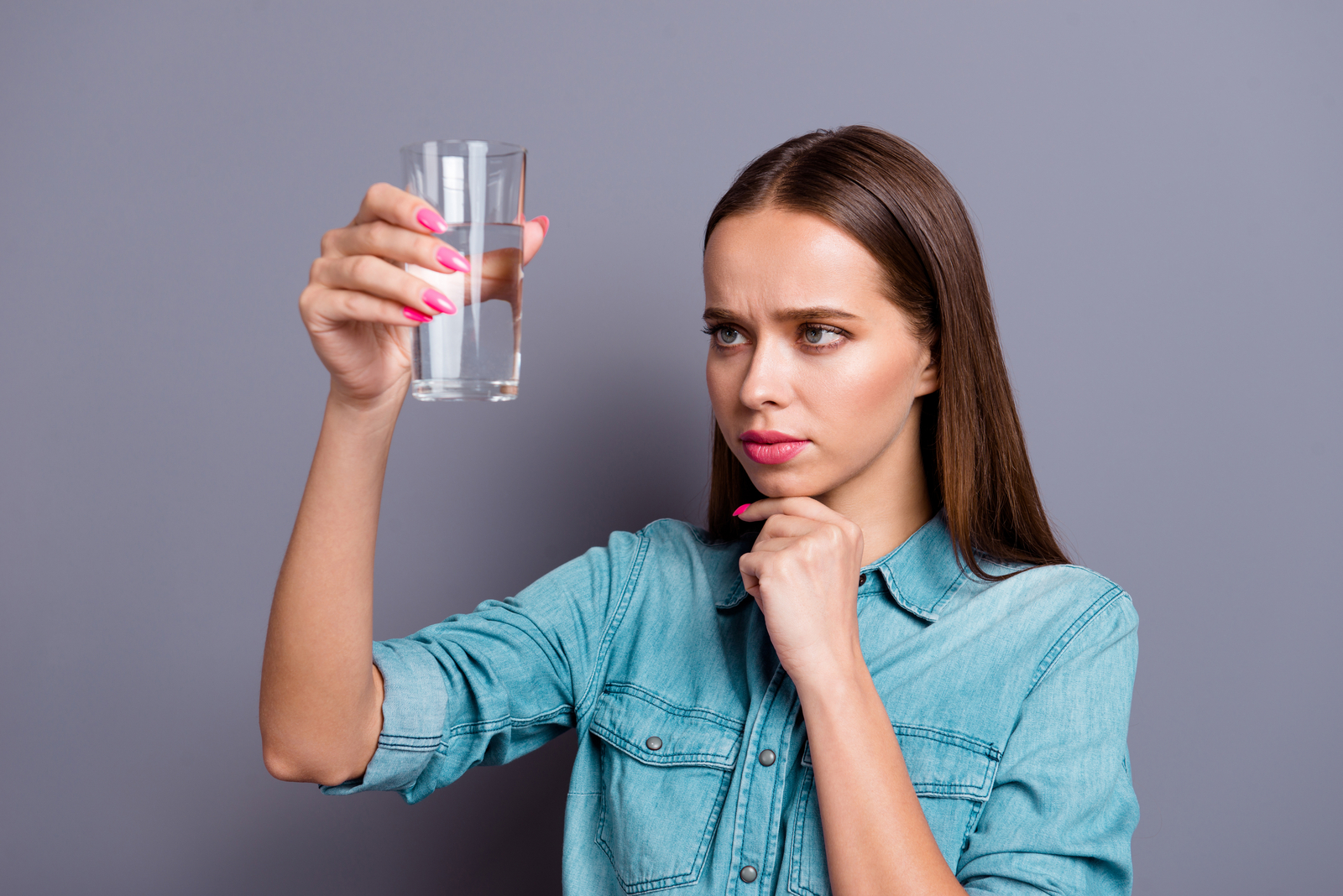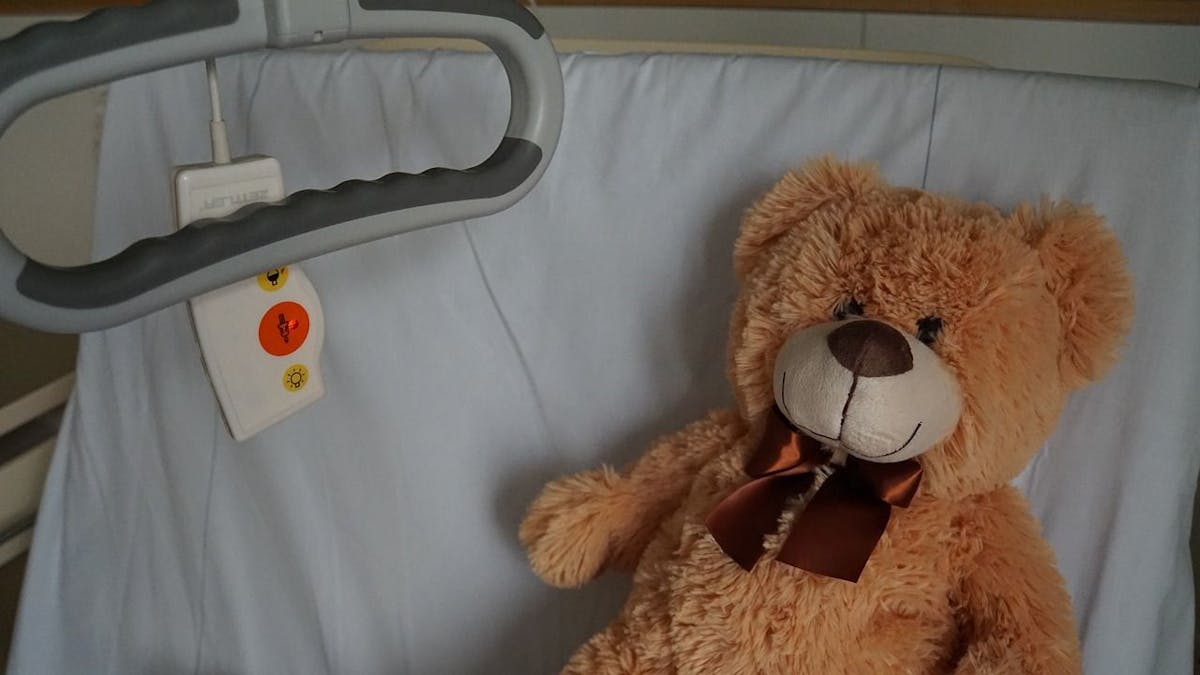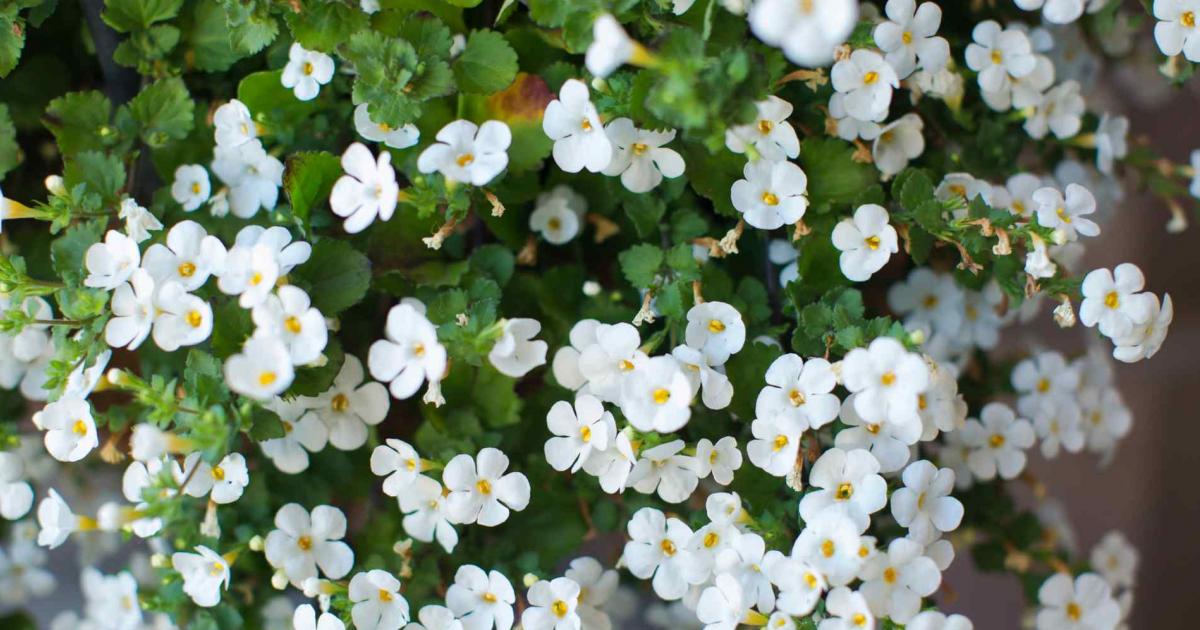Is it really good to drink?

Water quality in France: between purity and vigilance
In France, tap water benefits from strict drinking standards, ensuring its safety. Regular checks usually confirm this quality. However, developments in analytical techniques now make it possible to detect minute traces of previously unknown pollutants. “These findings, while cause for concern, represent progress in our understanding of water quality“, underlines a water treatment expert.
Residual pollutants come from a variety of sources. Pesticides, especially those used in conventional agriculture, are a worrying example. Some, long banned, persist in the environment and contaminate drinking water. “Rainfall washes these substances into our groundwater, affecting the quality of the water we consume.“, explains a hydrologist.
Tap water alternatives: bottled and filtered
Faced with concerns about tap water, some have turned to bottled water. However, this solution presents its own challenges. Plastic bottles, which are used frequently, add a layer of pollution. ” Drinking water from a plastic bottle is equivalent to ingesting microplastic particles“An environmental health expert warns. In addition, 90% of these bottles are not recycled, which worsens environmental pollution.
To improve the quality of water consumed, home remedies exist. Water purification devices can effectively reduce the presence of pollutants while maintaining essential minerals. “It is important to change filters regularly to avoid the release of accumulated pollutants“Recommends a water treatment specialist.
Towards Clean Tap Water: Collective and Individual Actions
The fight against water pollution requires action at several levels. At the individual level, customer empowerment plays a key role. Pollution of water sources can be reduced by adopting environmentally friendly practices like supporting organic farming. ” Choosing products from less intensive agriculture indirectly reduces the pollution of our water resources“says a committed farmer.
At the collective level, initiatives such as Eau de Paris demonstrate the importance of collaboration between public actors and farmers. ” By reducing the use of chemicals, water quality improves and treatment becomes less expensive“, explains the water management officer.
Although tap water in France is generally of good quality, caution is required. The increased detection of residual pollutants invites reflection on current practices and ways to improve the purity of our water. Meeting this challenge requires individual and collective action to ensure safe water for all.





